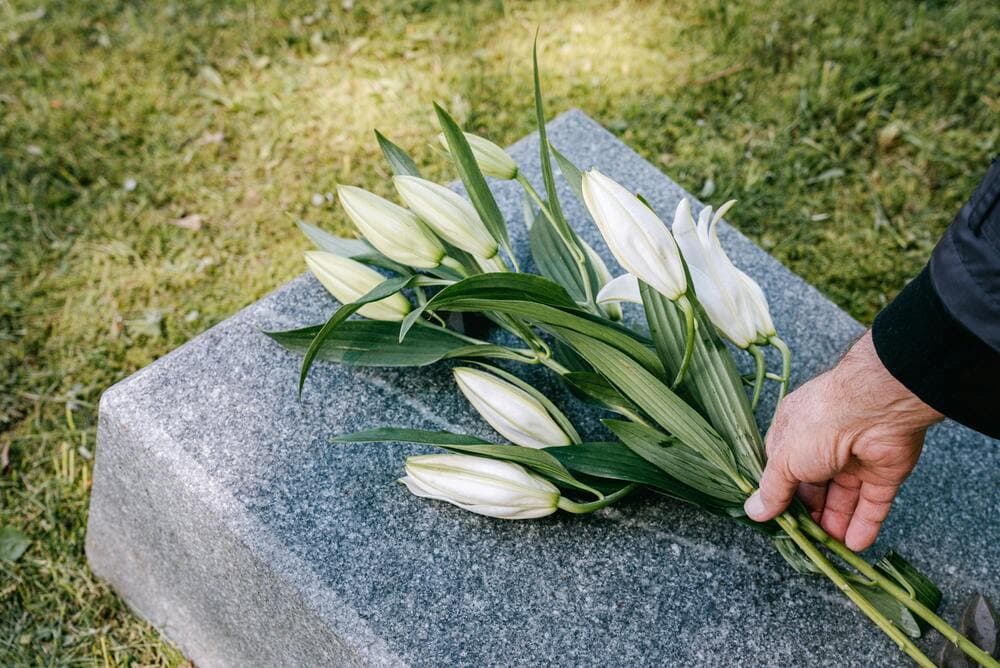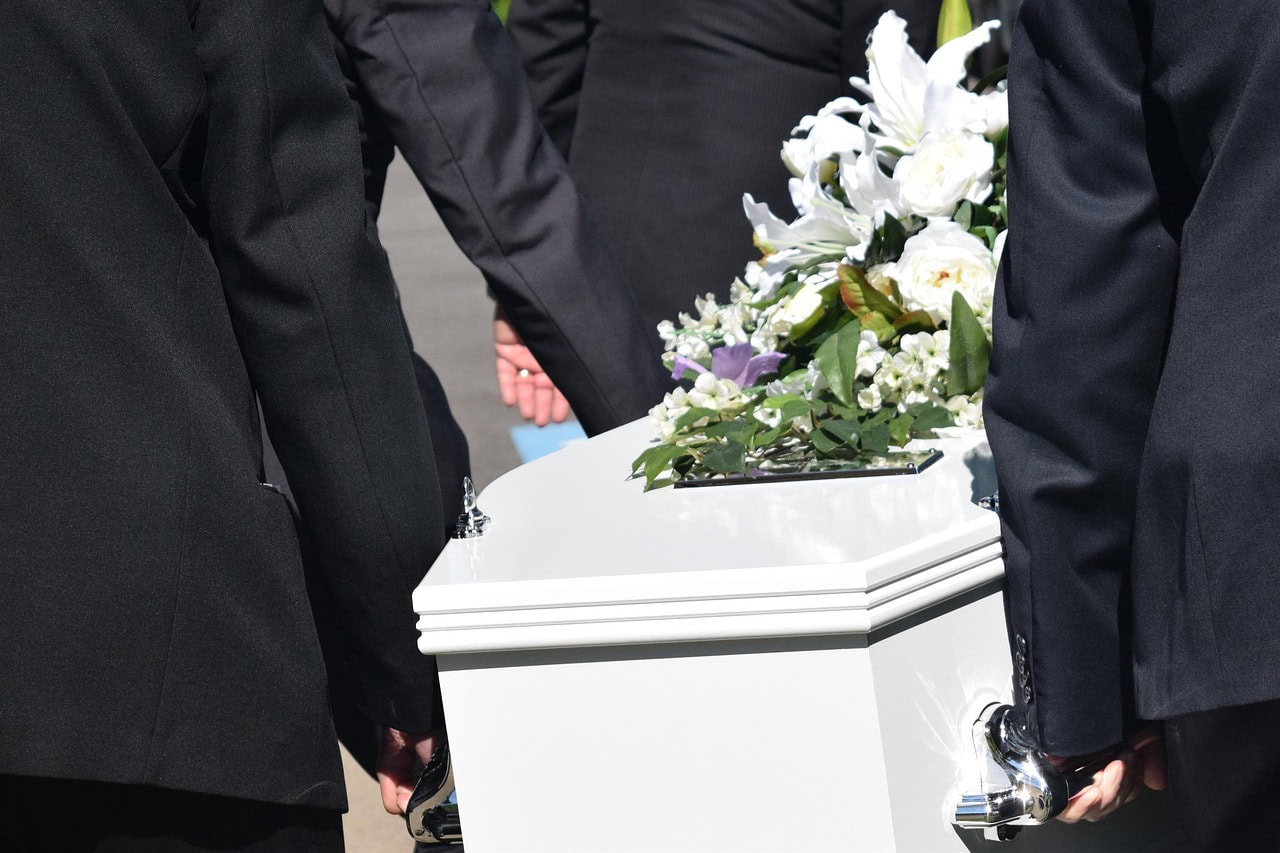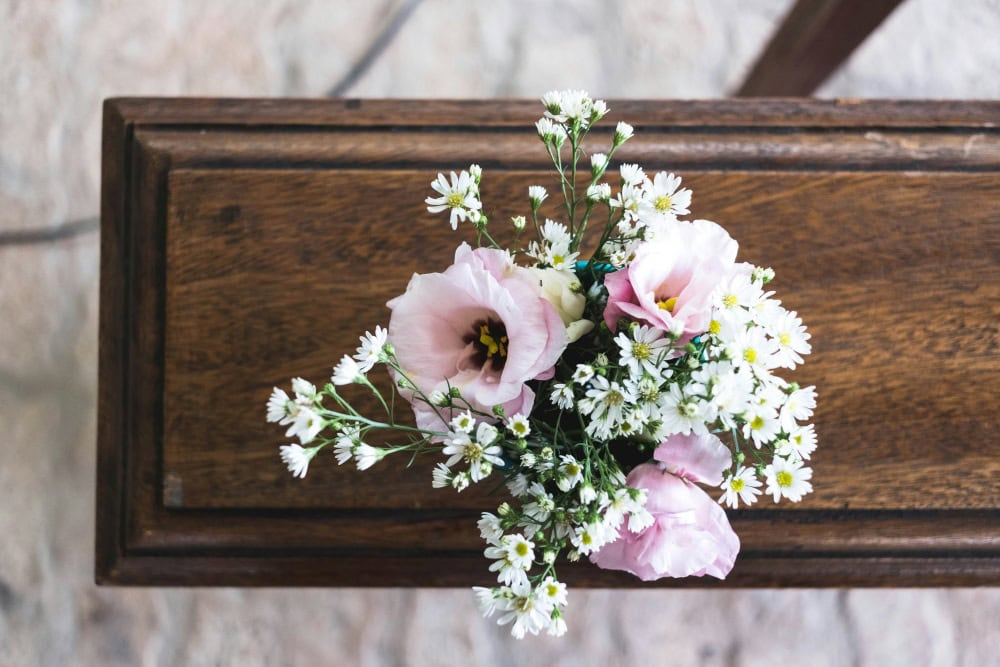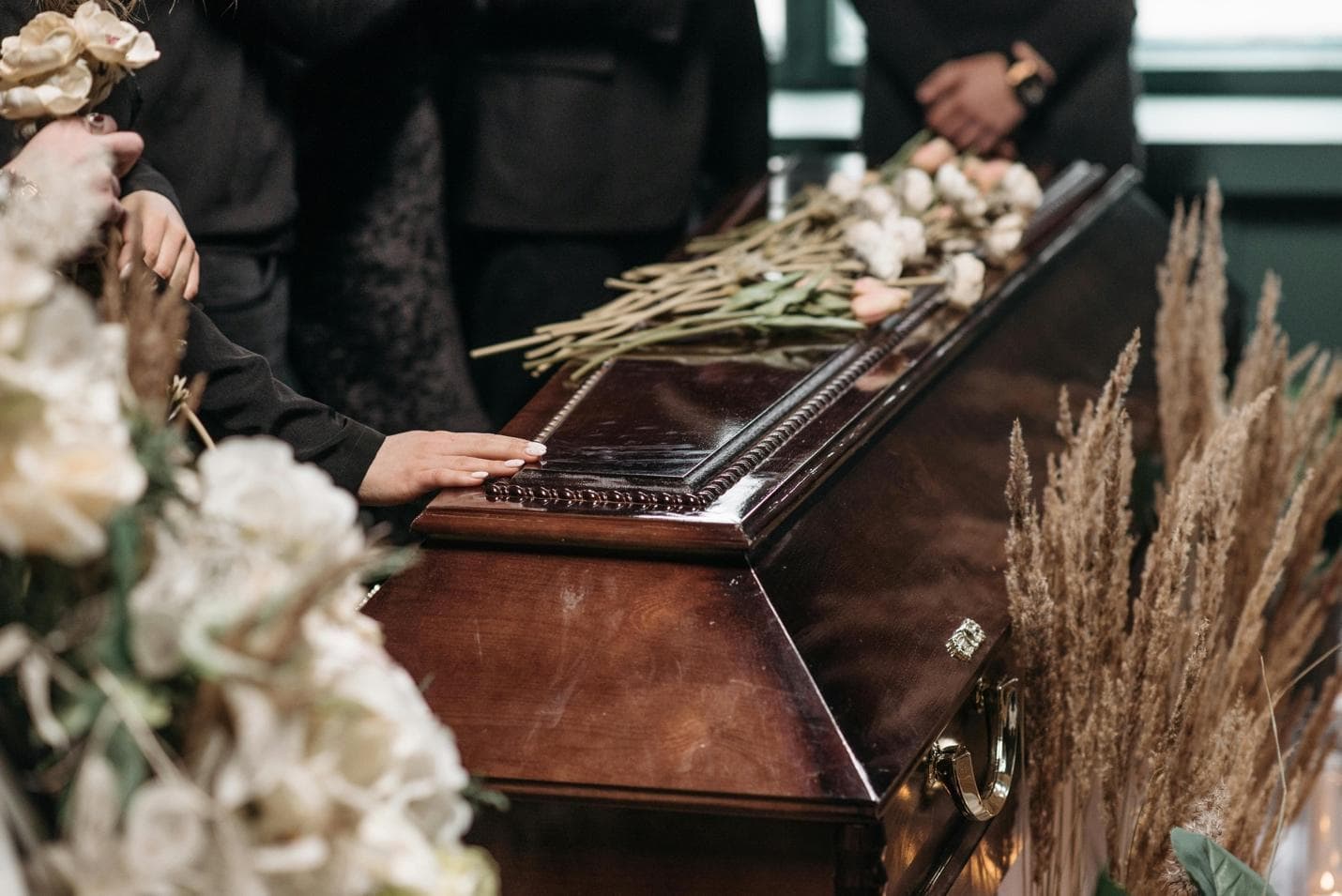
Grieving for the loss of a loved one involves honoring their memory and respecting modern cultural traditions. For many Chinese families in Singapore, funeral rites are deeply intertwined with customs and superstitions passed down through generations. Understanding these practices can help provide comfort and ensure proceedings are conducted with sensitivity.
The Significance of Funeral Customs
Modern Chinese funeral customs, including associated superstitions, stem from core beliefs centered around filial piety, respect for ancestors, and ensuring the deceased transitions peacefully to the afterlife. These practices are also believed to protect the living from misfortune. While interpretations and adherence may vary, acknowledging their importance shows respect for the deceased and the grieving family.
Common Chinese Superstitions About Going to a Funeral
Many specific beliefs and actions shape the conduct expected before and during the funeral services. Some of them include the following:
1. Attire
Wearing the proper attire is a key Chinese superstition when attending funerals. Guests must wear somber colors, typically black, white, or dark blue. Bright colors, especially red, are considered inappropriate as they symbolize happiness and celebration.
2. Words to Avoid
When offering condolences at a Chinese funeral, avoid using common parting phrases like “goodbye” or “see you again” when speaking directly to the bereaved family. These expressions are traditionally considered taboo because they carry the unwelcome implication of anticipating or desiring future funerals. Instead, a more respectful approach is acknowledging the family’s loss through quiet presence or offering simple, sincere words of sympathy.
3. Coffin Sealing
It is customary in Chinese funerals for attendees to turn their backs when the coffin is sealed or lowered into the grave, often following an open casket viewing. The primary superstition driving this is the fear that witnessing these moments will trap the living observer’s soul inside the deceased. This practice protects the attendee’s soul and is often linked to preventing disturbance to the deceased’s spirit or avoiding general misfortune.
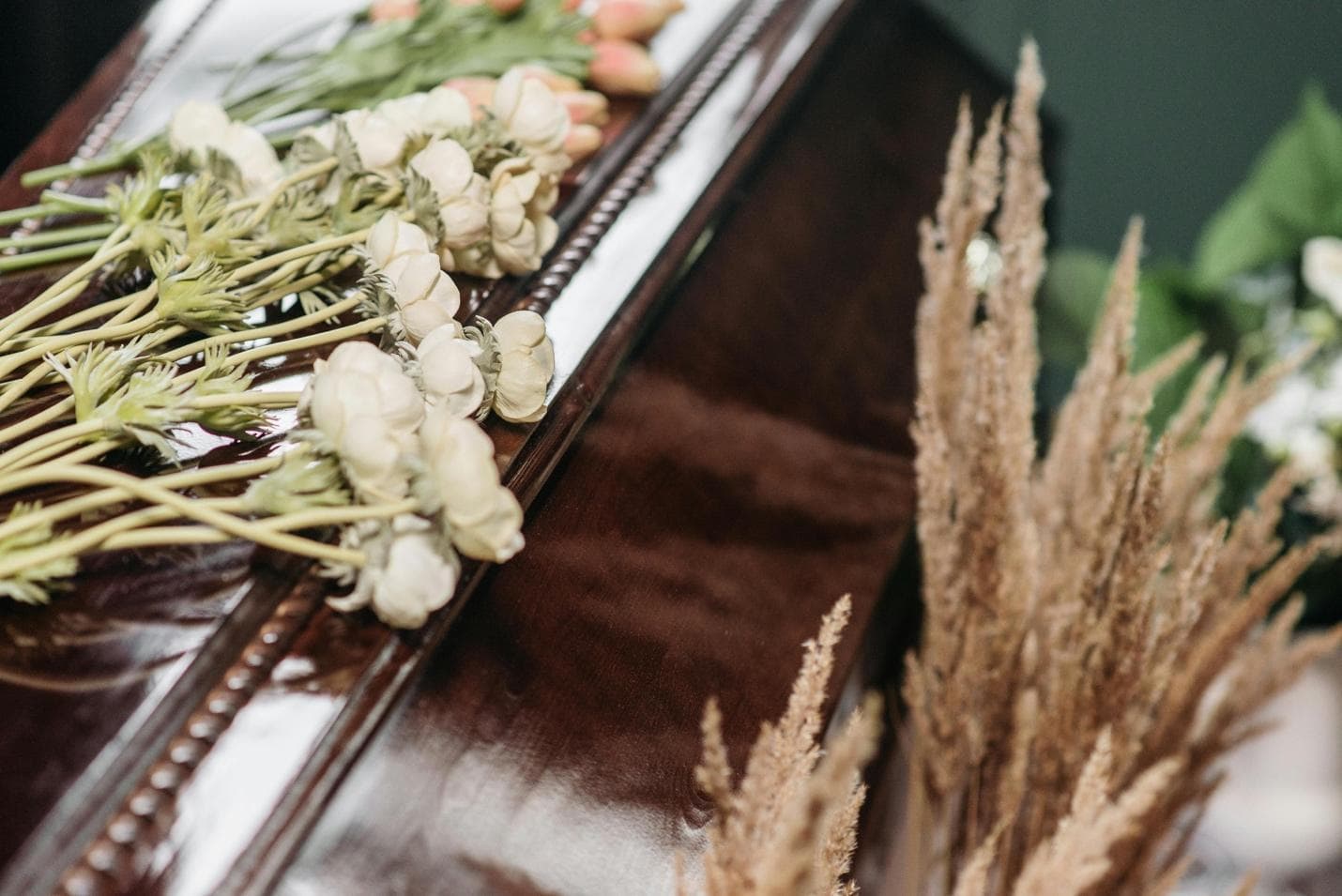
Modern Chinese Superstitions After the Funeral Service
Adherence to specific do’s and don’ts after Chinese funeral attendance is common. Attendees traditionally observe several necessary customs and precautions:
Taking Precautions Against Spirits
One modern Chinese funeral superstition involves believing spirits from the service location might follow attendees’ homes. To prevent this, mourners may make intermediate stops or take indirect routes when leaving, attempting to detach any spirits. Additionally, guests are sometimes given protective items like red thread that is placed near the entrance at wakes. It is customary for guests to tie one around their finger before departing and then discard it before arriving home.
Cleansing Rituals
Upon returning home, attendees traditionally wash their hands and faces, sometimes with water infused with pomelo leaves or flowers, before entering the house. This ritual cleanses away any negative energy or ‘qi’ associated with the funeral. Some families sprinkle salt or rice at their home’s entrance to ward off evil spirits and protect their home against bad luck.
Avoidance of Certain Activities
Following attendance at a Chinese funeral, cultural tradition advises avoiding certain inauspicious activities, notably celebratory events like weddings and immediate visits to others’ homes. Engaging in festivities is seen as disrespectful to the deceased’s memory and potentially inviting bad luck, while visiting may inadvertently carry residual negative energy from the funeral. Observing these temporary restrictions demonstrates respect for cultural sensitivities surrounding death and allows space for personal reflection.
Mourning Period Observances
The period for mourning death is a Chinese superstition that shows extended respect and care for the deceased after the funeral, with its length and intensity varying based on kinship. Observances include outward signs like special attire, avoiding festivities, and pivotal “Qiqi” rituals involving offerings and prayers on key dates such as the 49th and 100th day. These practices support the spirit’s journey, maintain familial connection, and honor deep-rooted cultural values.
The 100-Day Mark
The 100th Death Day after passing is a significant milestone in Chinese superstition, primarily marking the formal end of the family’s initial, most intense mourning period. Spiritually, this day is often believed to represent the completion of a crucial stage in the deceased’s soul’s journey through the afterlife, possibly concluding judgments or transitions.
Consequently, families typically conduct prayers and rituals commemorating the deceased, often visiting temples or burial sites to offer food and incense. These acts serve the dual purpose of formally honoring the departed’s memory while ensuring support for the soul’s continued peaceful passage in the spiritual realm.
Navigating Customs with Ang Brothers
Understanding and respectfully navigating modern Chinese funeral customs and superstitions can feel overwhelming during grief. Ang Brothers Funeral Services has extensive experience assisting families with traditional funeral services in Singapore. We provide clear guidance on traditions, help manage logistics according to cultural requirements, and ensure the farewell respects the deceased and the family’s heritage.
Losing a loved one is difficult, which is why honoring traditions helps provide structure and comfort during grief. If you have questions about our funeral service packages, please reach out to Ang Brothers Funeral Services.
